The sofa cushions. It was between, under or even down in that crevice on the sides of the sofa where the cushion meets the 2 x 4. It’s the area where you realize that a sofa is just a piece of furniture combining lumber, fabric and springs, but also sucks in things that you didn’t know you didn’t want to misplace. Pirate & Penguin was in our metaphorical sofa cushion, except in our case, it’s a real, physical object in the form of a bookshelf. It’s worth mentioning now, even though it’s been stuck in the sofa cushions for a year and a half, because this is the book my six or seven-year-old self would’ve gone mental over.
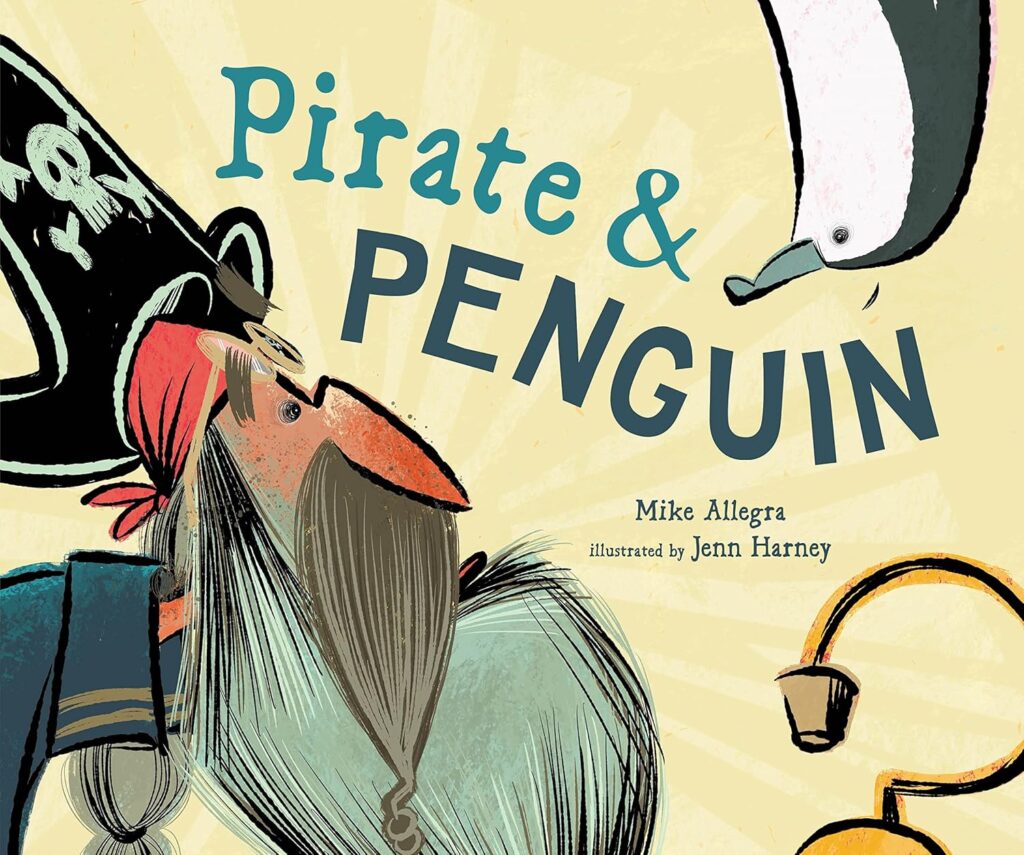

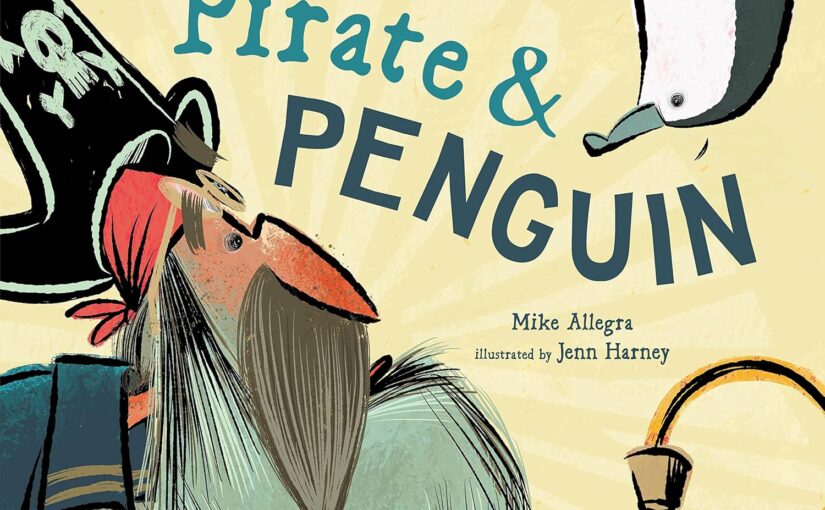

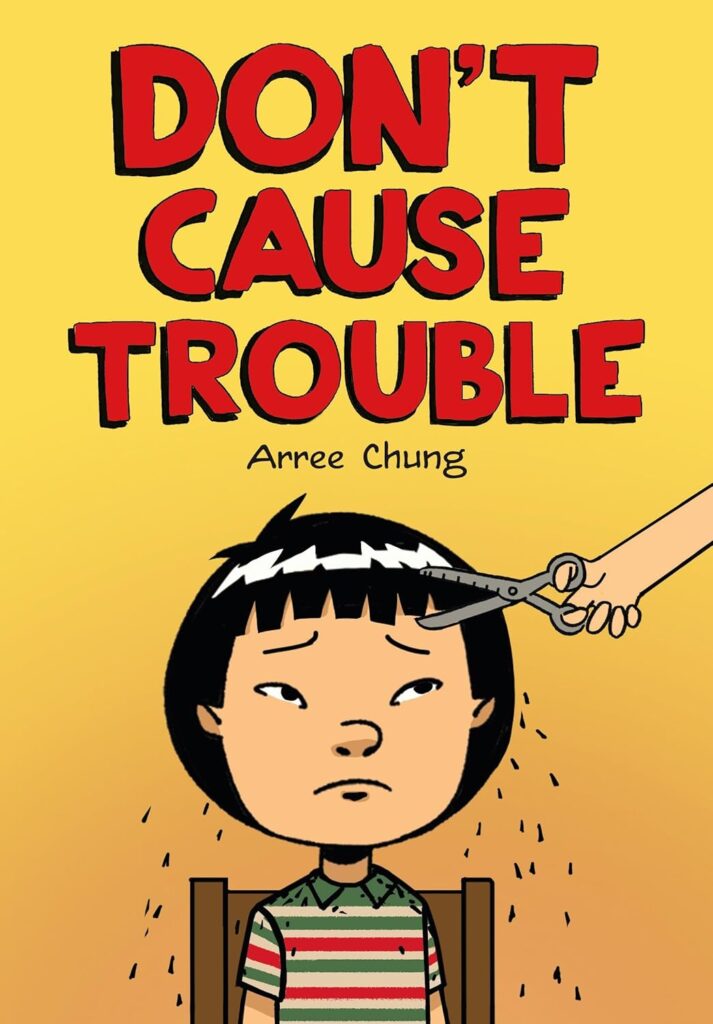
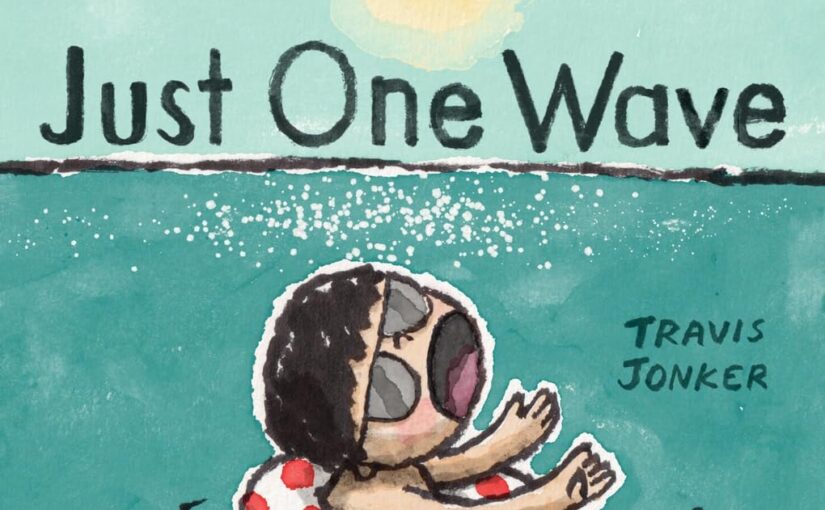

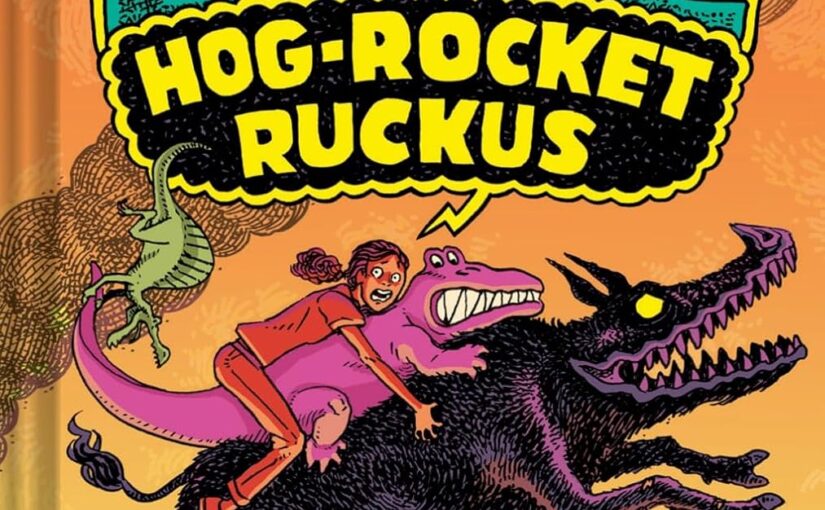
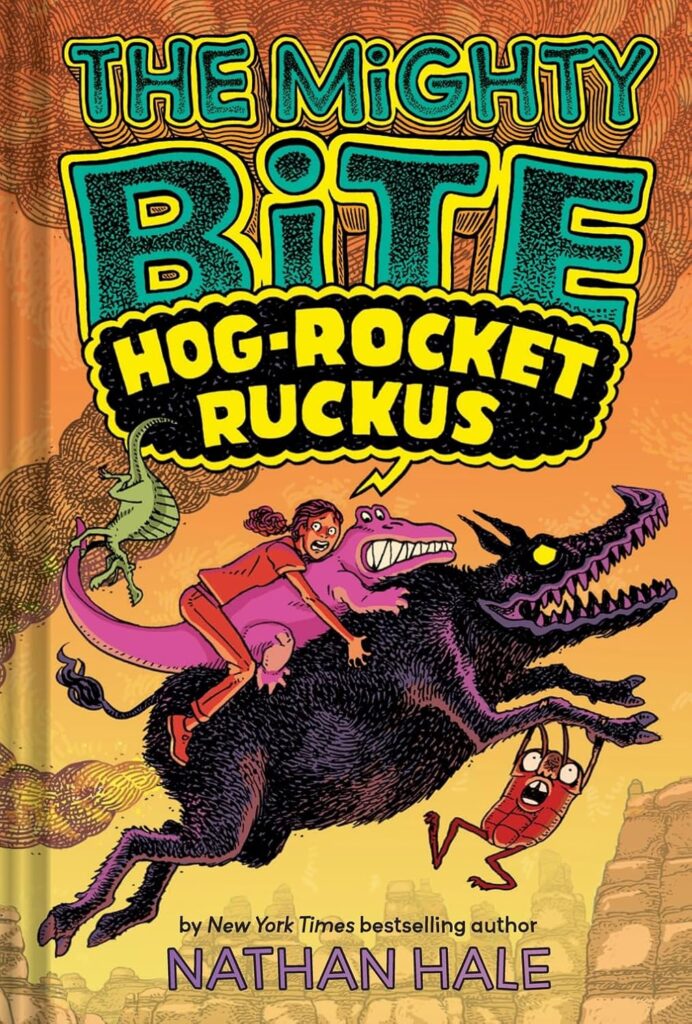

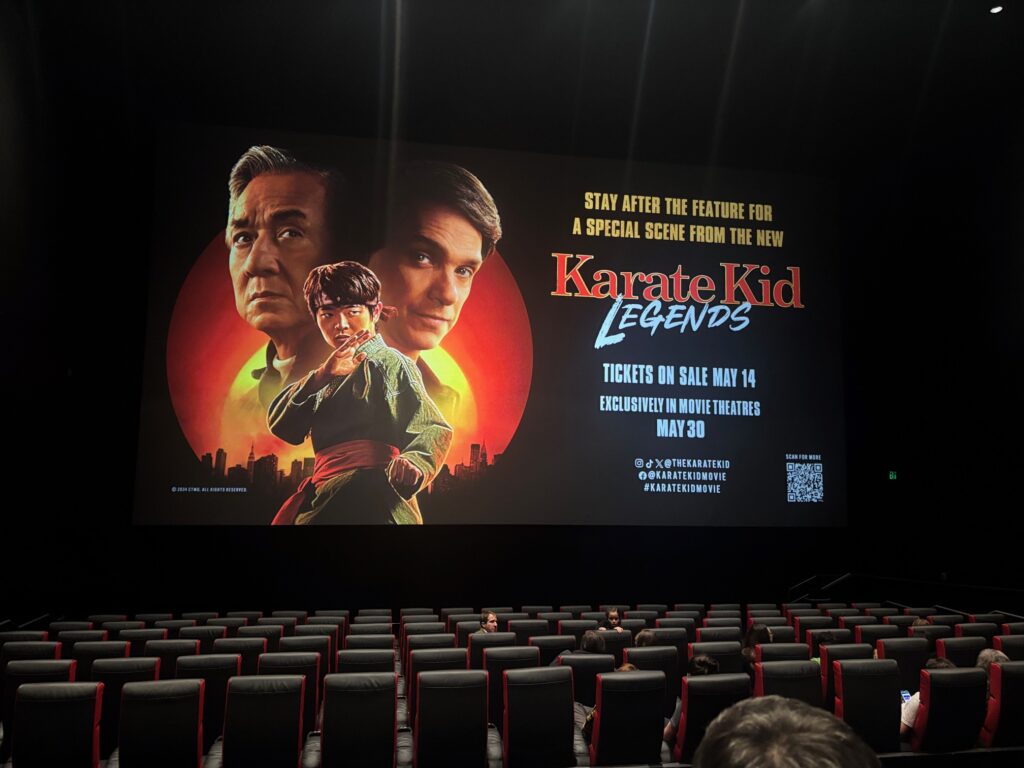
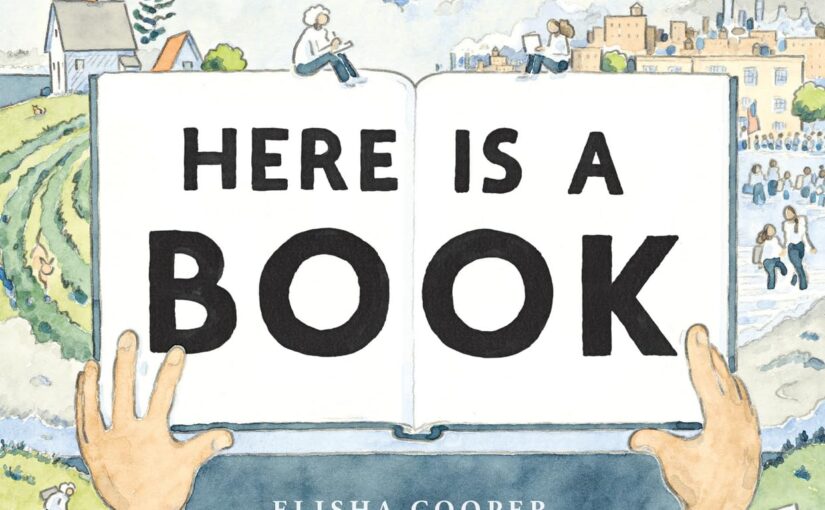
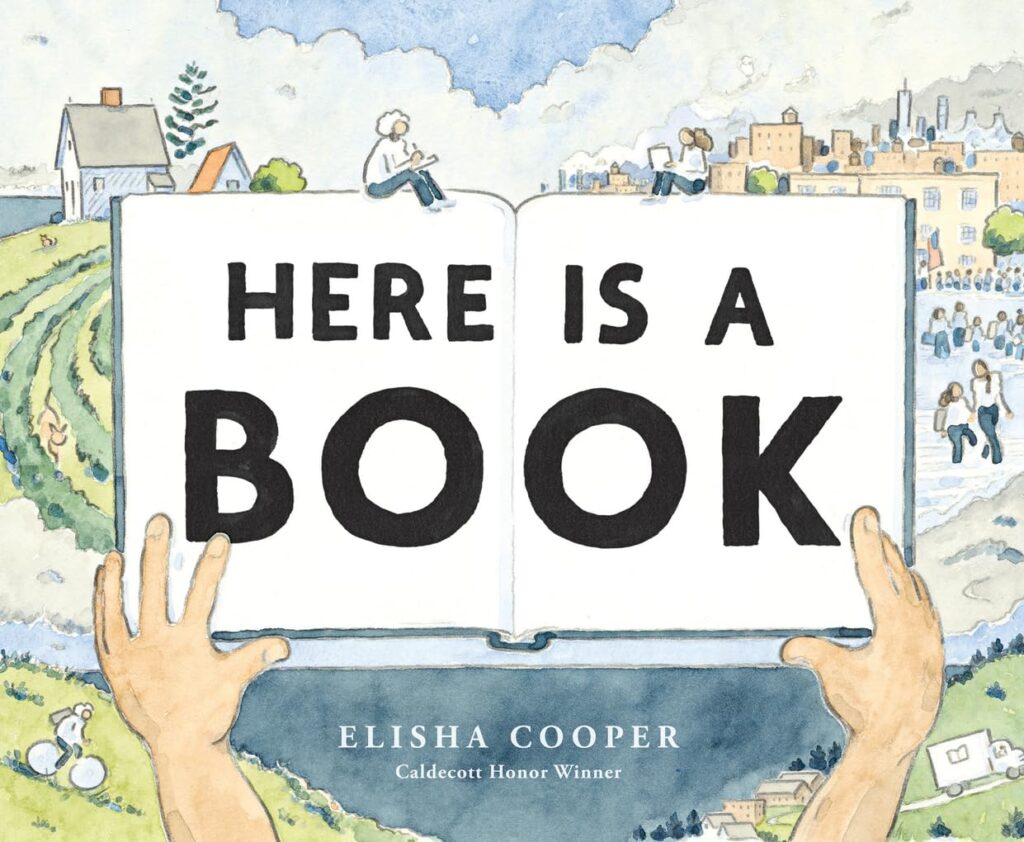
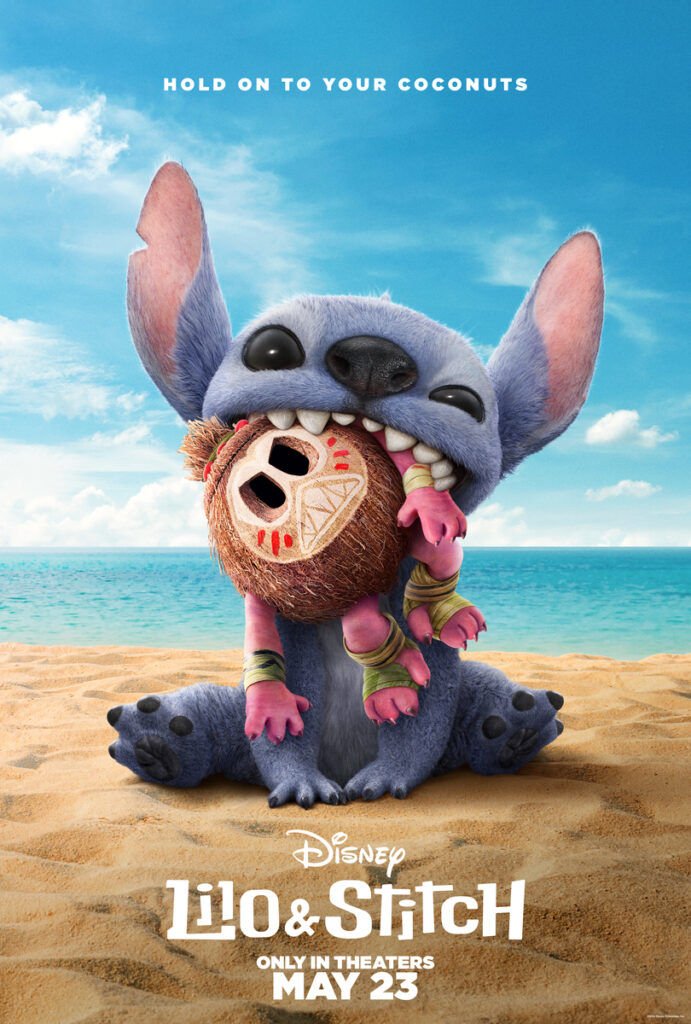
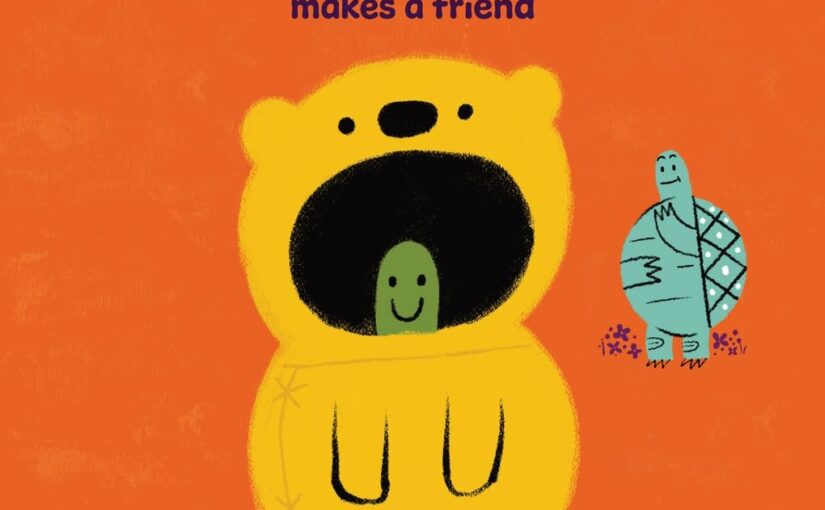
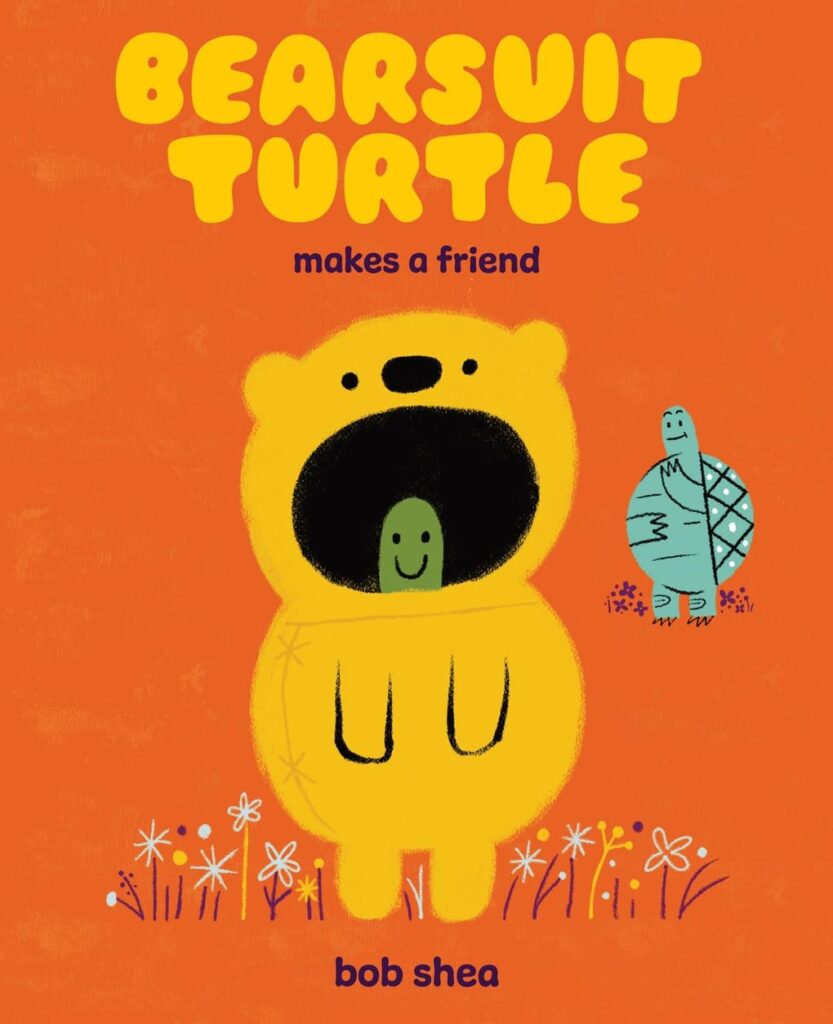


 Facebook
Facebook Twitter
Twitter Flickr
Flickr GooglePlus
GooglePlus Youtube
Youtube